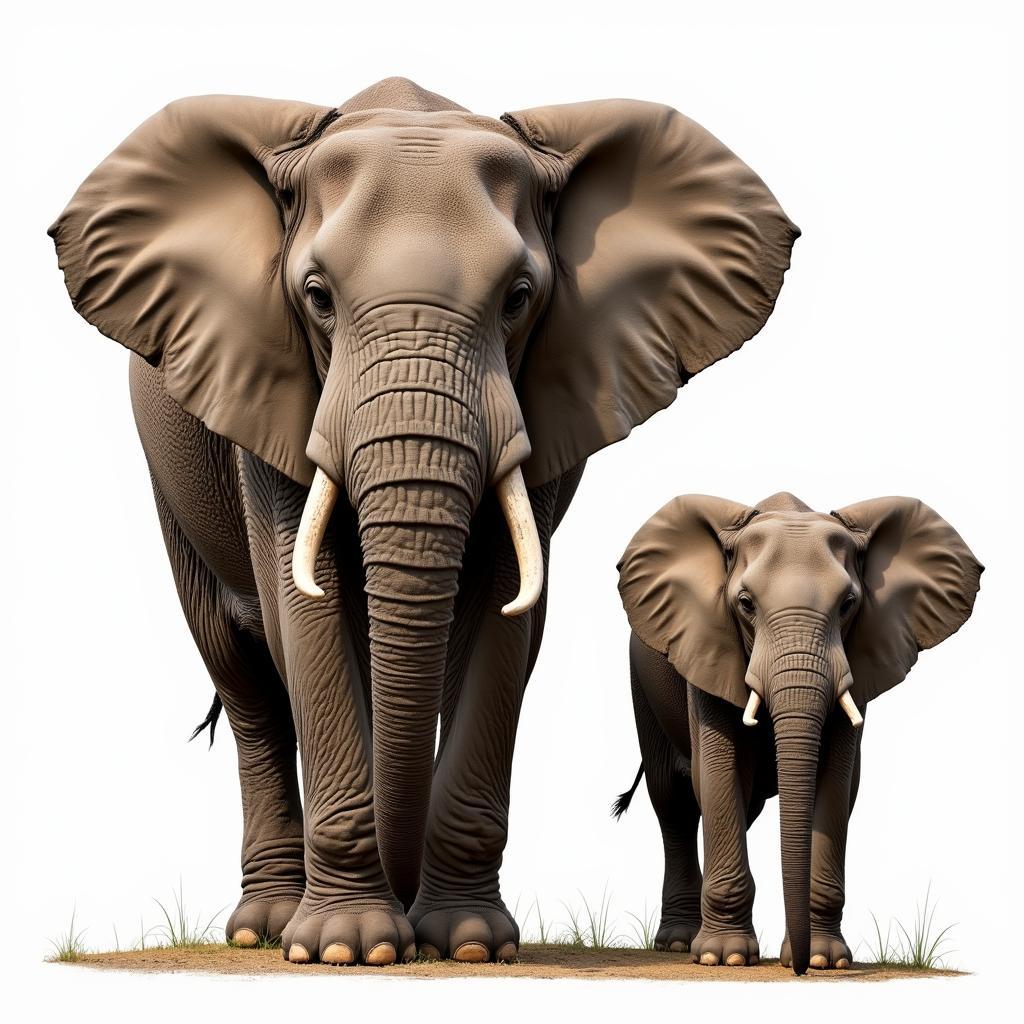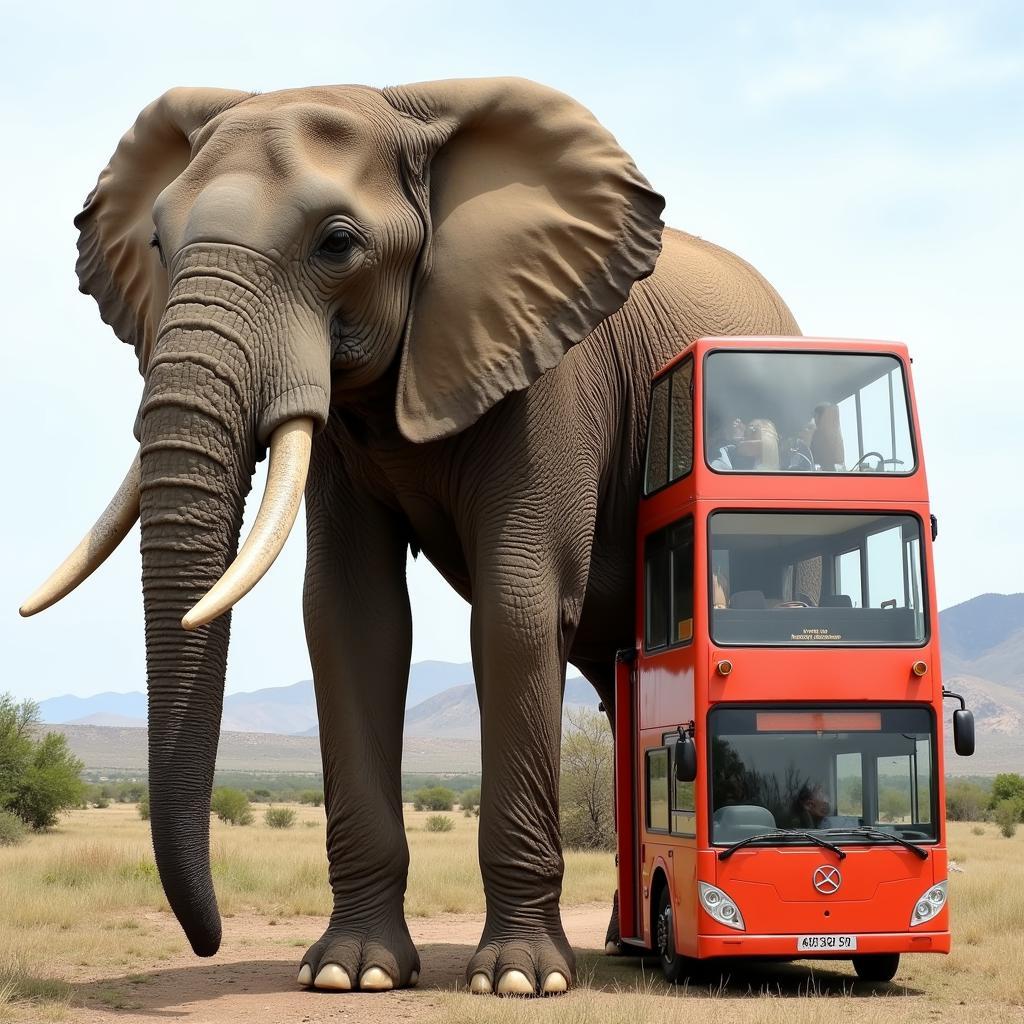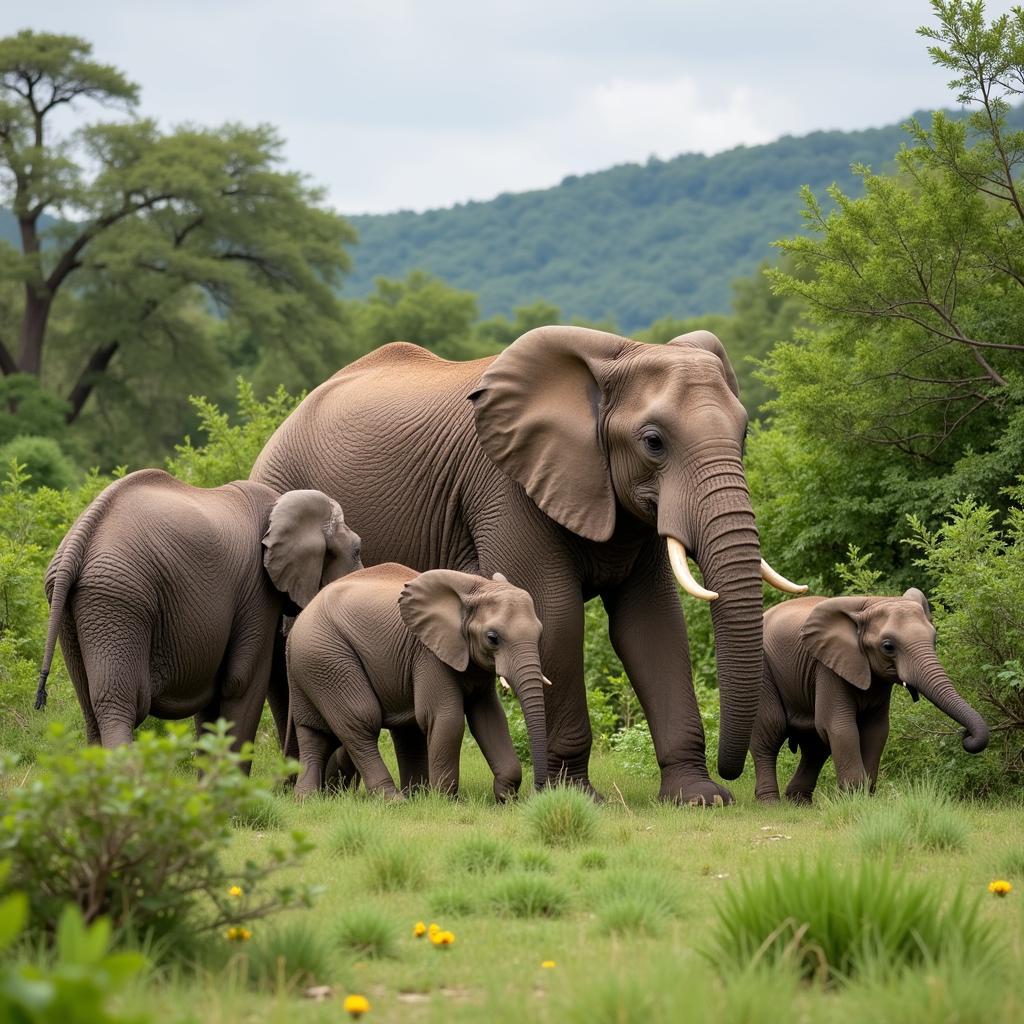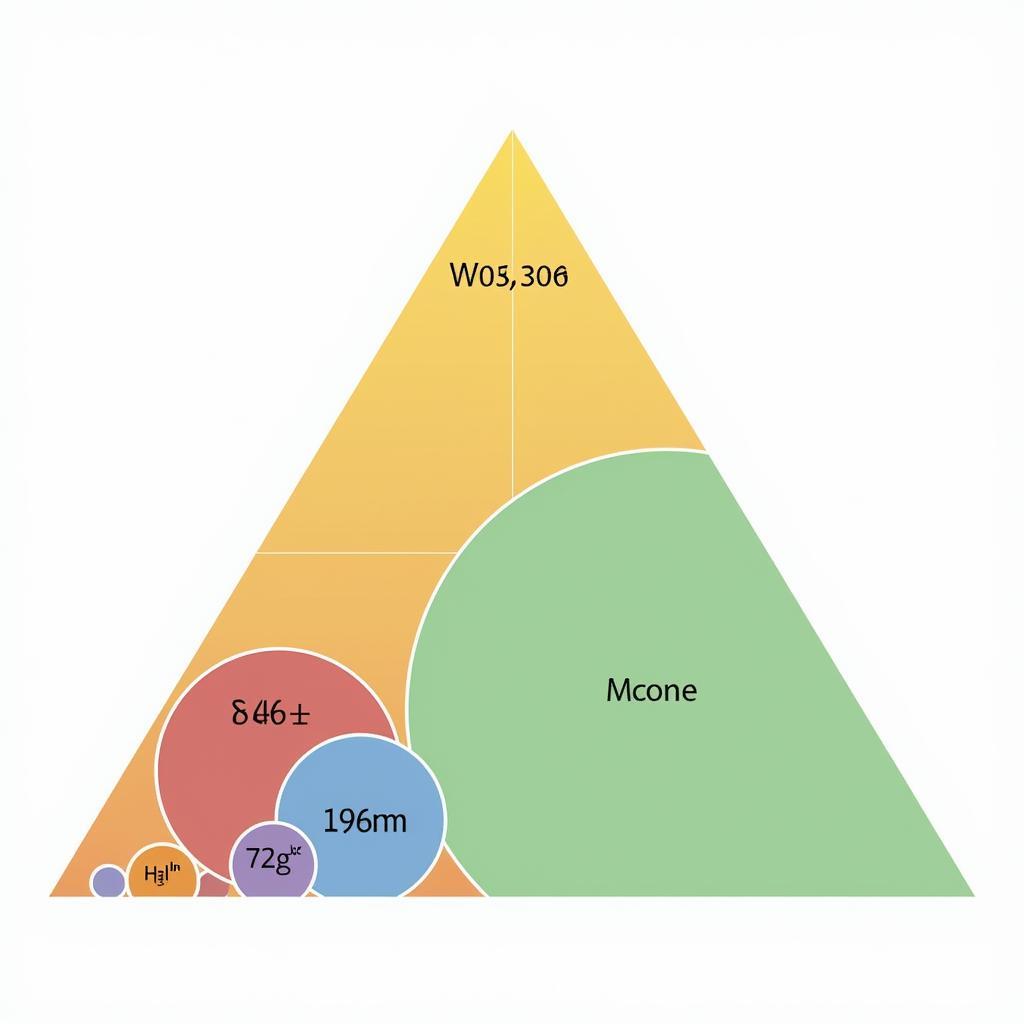African Elephant Weight and Height: A Giant’s Tale
African elephants, the largest land animals on Earth, possess a size that inspires awe and wonder. Their weight and height contribute significantly to their majestic presence and play a crucial role in their survival. Understanding these dimensions offers a glimpse into the fascinating world of these gentle giants. Learn about African elephant weight, height, and more in this comprehensive guide.
Unveiling the Majestic Size of African Elephants
African elephants exhibit sexual dimorphism, meaning males and females differ significantly in size. Adult male African elephants, also known as bulls, typically reach a shoulder height of 10-13 feet and weigh between 11,000 and 14,300 pounds. Female elephants, or cows, are slightly smaller, standing at 7-9 feet tall at the shoulder and weighing between 6,000 and 7,900 pounds. This considerable size difference plays a crucial role in their social structure and dominance hierarchies.
Did you know that an African elephant’s heart can weigh up to 44 pounds? This powerful organ pumps blood throughout its massive body, enabling it to navigate its environment and perform essential functions.
 African Elephant Bull and Cow Size Comparison
African Elephant Bull and Cow Size Comparison
How Does an African Elephant’s Size Compare?
To put an African elephant’s size into perspective, consider comparing it to other large animals. Check out this African elephant size vs blue wel comparison. A fully grown African elephant can be almost as tall as a double-decker bus and weigh as much as several cars combined. Their sheer size allows them to browse high in trees and reach vegetation inaccessible to smaller herbivores.
Their massive size also serves as a defense mechanism. Predators like lions and hyenas rarely target adult elephants due to their imposing stature and strength. However, young calves are vulnerable and rely on the protection of the herd for survival. You may also be interested in comparing an African elephant to an African buffalo size comparison.
 African Elephant Height Compared to Double-Decker Bus
African Elephant Height Compared to Double-Decker Bus
Factors Affecting African Elephant Weight and Height
Several factors influence the weight and height of an African elephant. Genetics play a significant role, with some individuals inheriting genes that predispose them to larger sizes. Environmental factors, such as food availability and quality, also contribute to growth. Regions with abundant vegetation and access to water tend to support larger elephant populations. Did you ever consider how African bus elephant travel?
Furthermore, age plays a critical role in determining size. Elephants continue to grow throughout their lives, reaching their peak size in adulthood. However, elderly elephants may experience a slight decline in weight due to age-related factors. The social dynamics within the herd also play a role, with dominant individuals often having greater access to resources, potentially impacting their size. Sometimes, conflicts between species can result in incidents like an African elephant kills buffalo.
 Factors Affecting African Elephant Growth
Factors Affecting African Elephant Growth
The Importance of Size for Survival
The African elephant’s impressive size is essential for its survival in the wild. Their height allows them to access a wide range of food sources, including leaves, branches, fruits, and bark. Their weight contributes to their strength, enabling them to push down trees and dig for water during dry periods. For those interested in adventure, you may want to check out African jungle adventures reviews.
Conclusion: Appreciating the Giants
The weight and height of African elephants are defining features of these remarkable creatures. Their immense size plays a vital role in their survival, enabling them to thrive in diverse habitats. By understanding the factors that influence their growth and appreciating the importance of their size, we can gain a deeper appreciation for these gentle giants and contribute to their conservation.
FAQ
- What is the average weight of an adult male African elephant? An adult male African elephant typically weighs between 11,000 and 14,300 pounds.
- How tall can a female African elephant grow? A female African elephant can grow up to 7-9 feet tall at the shoulder.
- What factors influence African elephant size? Genetics, environment, age, and social dynamics all influence elephant size.
- Why is size important for elephant survival? Size allows access to diverse food sources and provides defense against predators.
- How does the African elephant’s size compare to other animals? African elephants are the largest land animals, rivaling the size of a double-decker bus.
- What is the difference in size between male and female elephants? Males are significantly larger than females, exhibiting sexual dimorphism.
- How does an elephant’s size help it access food? Their height lets them reach high branches, while their weight helps them push down trees.
Other questions you might have:
- What is the lifespan of an African elephant?
- What are the social structures within elephant herds?
- What are the current conservation challenges facing African elephants?
Find more information on our website about related topics.
Need help?
When you need support, please contact us by phone: +255768904061, email: [email protected] or visit our address: Mbarali DC Mawindi, Kangaga, Tanzania. We have a 24/7 customer service team.


